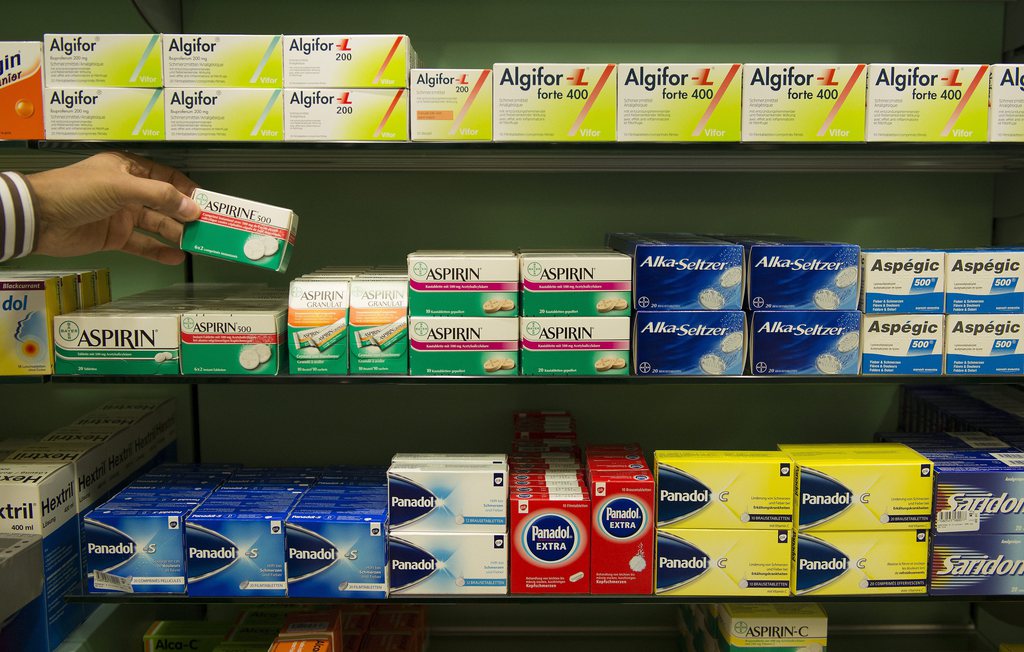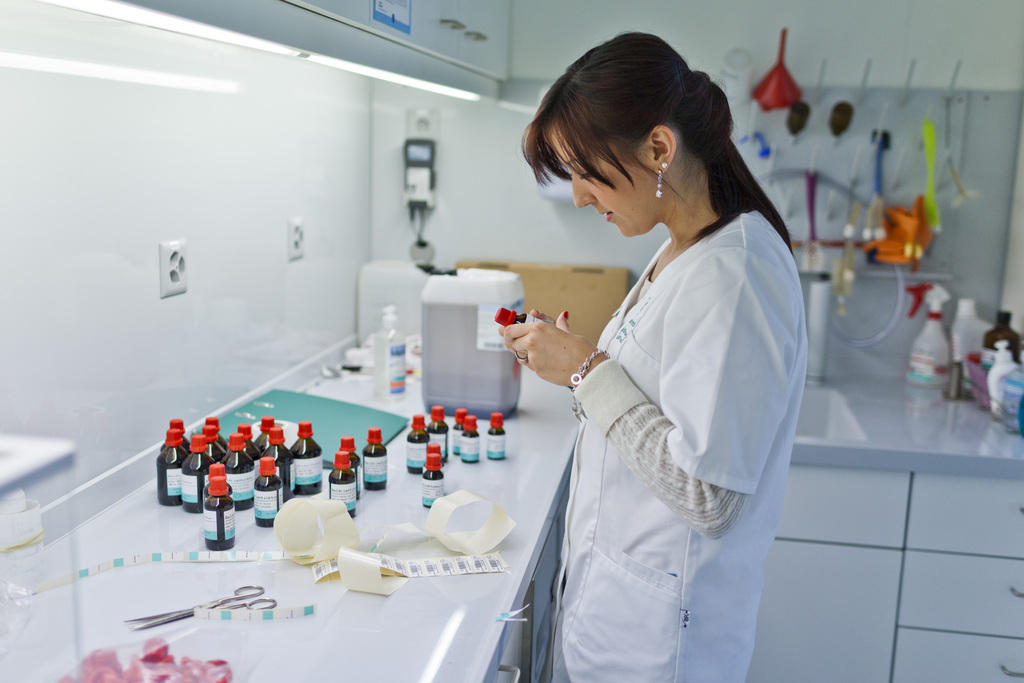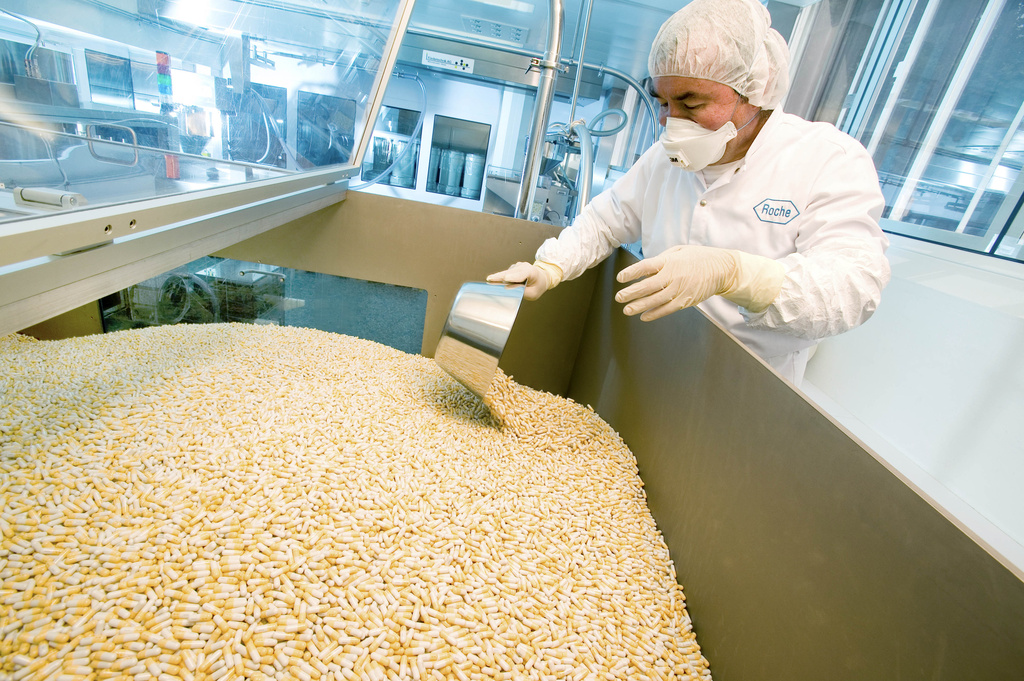Drug prices continue to drop

The prices of patent-protected drugs were only 5% more expensive in Switzerland in 2013, while generic products still costs twice as much as in other European countries, according to a price comparison presented on Thursday.
Swiss health insurers, pharma lobby group Interpharma and the country’s largest pharmaceutical association, vips, compared the prices of the 200 top-selling original and generic drug therapies in Switzerland with those of products in Germany, Denmark, the Netherlands, Britain, France and Austria.
The Swiss cabinet has lowered prices on drug therapies sold in Switzerland in the past two years. In 2012, pharmaceutical products still cost 12% more than abroad.
While health insurers on Wednesday demanded further measures to bring down Swiss drug prices, vips head Thomas Binder warned that such a price decline was “not desirable”.
Verena Nold, director of the Swiss health insurer association santésuisse, said the price alignments have to continue this year. She called for further price cuts, particularly for generic drugs, which have a lower market share than abroad. That is why they are still 46% more expensive in Switzerland, Nold explained.
She favours a fixed-price model where patients who opt for a more expensive treatment will have to pay the difference between the lowest price of a drug on the market and that of the more expensive therapy.
Interpharma general secretary Thomas Cueni is against such a pricing model. Lowest-price care and compulsory dispensation of generics do not work in Switzerland, he explained, since this would be at the expense of the patients.
The pharmaceutical companies are calling for “adequate” drug prices, which according to vips are necessary so that pharmaceutical companies are still able to earn a margin on their products.
Binder warned that price pressure would weigh on the quality of care in Switzerland and that there is a risk that the supply of new drugs can no longer be secured for patients.

In compliance with the JTI standards
More: SWI swissinfo.ch certified by the Journalism Trust Initiative



You can find an overview of ongoing debates with our journalists here. Please join us!
If you want to start a conversation about a topic raised in this article or want to report factual errors, email us at english@swissinfo.ch.